The UK government has confirmed that it does not plan to bring the pensions of Gurkha soldiers who retired before 1997 in line with those of the standard British Army, according to a response from the Ministry of Defence on 17th September 2024.
The question was raised by Conservative MP Andrew Bowie, who inquired whether there were any intentions to adjust the pension scheme for Gurkhas who retired prior to 1997.
Alistair Carns, the Parliamentary Under-Secretary for Defence and Minister for Veterans, responded by stating the government’s commitment to providing Gurkha veterans with a fair pension, stating, “The Government greatly values the service of all members of the Armed Forces, including the Gurkhas, who have a long and distinguished history of service to the UK, both here and overseas. The Government takes its responsibilities to our Gurkha veterans very seriously and is committed to providing Gurkha veterans with a fair pension.”
The pensions in question fall under the 1948 Gurkha Pension Scheme, which differs from the standard Armed Forces Pension Schemes. Carns explained that these differences are “objectively and reasonably justified” and have been upheld by three judicial reviews since 2003, including a case brought before the European Court of Human Rights.
The government maintains that the 1948 scheme continues to provide “a good income for our Gurkha veterans living in Nepal, in accordance with the original scheme design.”
Carns, who is relatively new to the issue, also noted that he looks forward to meeting with representatives from the Gurkha veterans’ community and the Ambassador of Nepal to discuss the matter further in the future.
The government’s stance on Gurkha pensions has been a contentious issue, with ongoing calls from veteran groups to bring their pensions in line with those of other British Army personnel, particularly for those who retired before 1997. However, the Ministry of Defence’s latest response indicates no imminent changes to the existing pension arrangements.


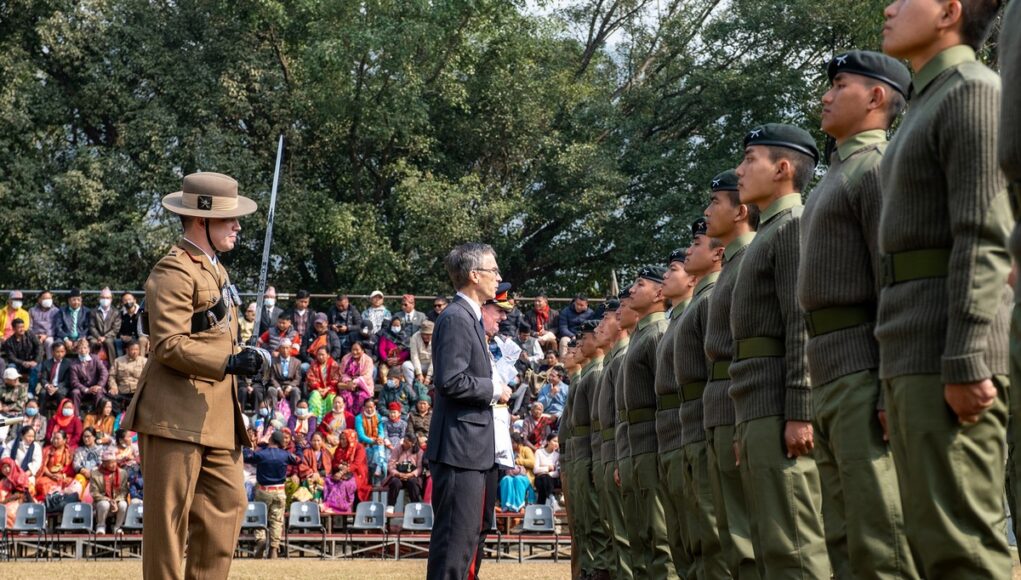


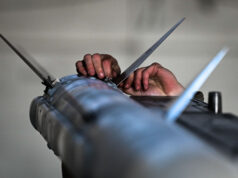

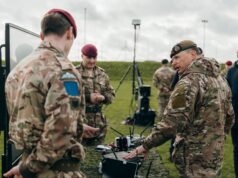
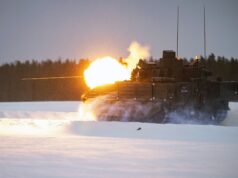
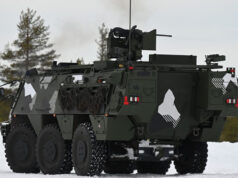

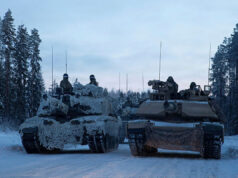


“The Government greatly values the service of.. .. the Gurkhas”
Just not that much.
Shame on us.
Plenty of money for the people in Dinghies 🚣
It’s shameful.
Meanwhile- 22% pay rise for junior doctors who aren’t put in harm’s way and were already better paid than people in most entry-level roles.
No they are getting a 4.5% top up on their 23/24 pay rise ( which was 8.5%) and they will be given the exact pay rise for 2024/25 as suggested by the independent pay review body which is 8.8%…as for why, we have a massive shortage of Drs and it’s all very well say don’t pay them, but are you the one happy to die because there was no dr to treat you ?
As for entry role let’s be very very clear..a junior dr is not an entry role the entry role is medical student and that’s a job you pay to undertake to the tune of £55,000.
first off they spend 3 years getting a degree, then they spend another 2 years getting a masters degree .being a medical student ( like being a student nurse) is not the same as other students..it’s essentially a full time job, they are expected to be studying or on clinal placement 5 days a week 8-12 hours a day..so your first year common foundation doctor has been working for 5 years solid to get where they are and will be in their mid 20s.
.after this they Become a common foundation dr, they will be an FY1 and will be working around 50 hours a week in the NHS , while on top of that also studying for further exams needed..so they will be spending 50 hours a week on the wards and 20-30 hours a week in the books. For that 50 hour week they get £29,000. Also they don’t have a choice where they go they essentially get moved around every 6 months…year two is the same but they have a bit more responsibility and earn £34,000 for 50 hours..they will be working nights, weekends all shift pattern ( who else works nights for 50 hours a week for just over 30k after 6 years in the role ?).
as for not put in harms way…depends what you call harm really…most of us who have worked in emergency care..when we close our eyes we see the babies and children that died screaming, with their mothers crying and begging, we see the black soot we are sucking out the lungs of the burnt lady…the sand and sea water ozing out every orifice of the drowned man..remembering the abject fear and praying in our head that the little girl we hare chatting to and treating as fast as we can will not die horribly even though we know she probably will..we see in every detail the time we were trying t put back together the man who lost 2 legs and an arm…you never forget any of it and you are there in the room for ever..the smell, fear, everything is as crystal in your head..wadding into the drug and drink filled brawl in the ED waiting room to rescue kids on a Saturday night as the local gangs decide to fight it out..getting a knife drawn on you by a nutter…pulling off a drug crazed nutter and subdueing him as he beats on one of your female colleagues, someone covering you in their blood on purposes saying I hope you catch it you C%nt..knowing they have HIV and you were only trying to help…going into the back of a police meat wagon as it rolls from side to side as the 7foot nutter smashes his head against the side….so you can check his head injury…getting trained up on managing casualties for a nuclear, biological or Chemical attack or incident..how to set up and run the decontamination…having to look after and be very close to people with leathal or very nasty diseases often with inadequate PPE..that’s just some of the “not risk of harm I’ve suffered in my job”…but yes no harm at all…
They should be on par with the rest of the army and have it backdated, it is another national disgrace and at a minimum discrimination.
Embarassing
Massive respect to the Gurkhas but giving them a pension equivalent to a British one would make them very very wealthy in Nepal. They deserve a pension with the same spending power as any British serviceperson no more, no less. Why are they a special case?
They shouldn’t be a special case, they do the same job as us, take the same risks as us, they should be paid like us. No argument.
Lots of them, I imagine almost all, retire here
Disgusting
Pathetic excuse from pathetic people.
If these people were prepared to die for this country they should be afforded the same level of care both during service and retirement.
I wonder what would happen, if another country were to form there own ‘Nepalese Rifles’ or whatever, offering better terms and conditions to the Gurkhas who serve the UK.
They also serve in the Indian army. No idea how their T&C compare, but I can guess.
Many Gurkhas were duped into transferring to AFPS 75 in the guise of parity only to find they are now far worse off than had they remained in GPS. It was a shameful cost cutting exercise pouncing on naive but brave Gurkhas.